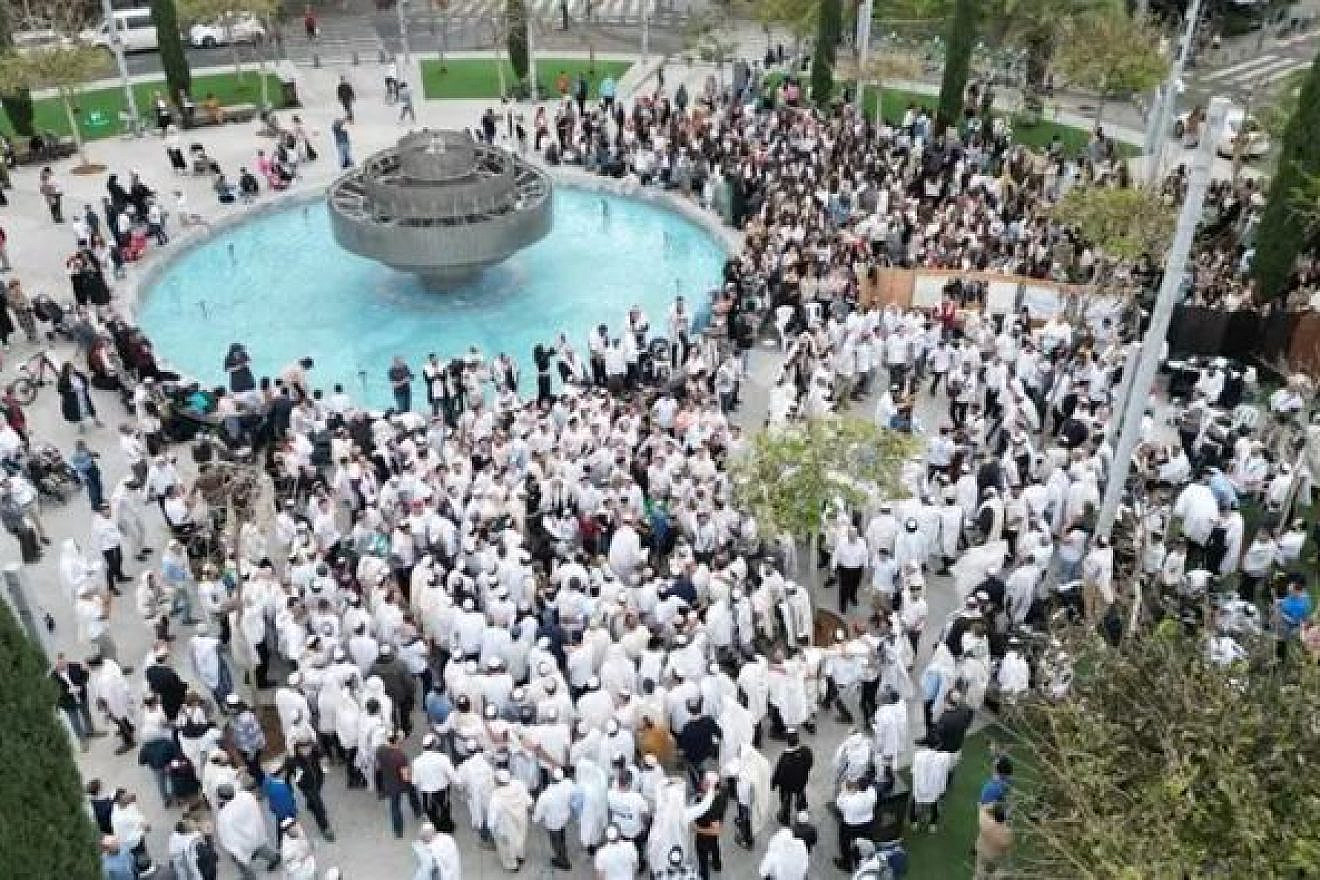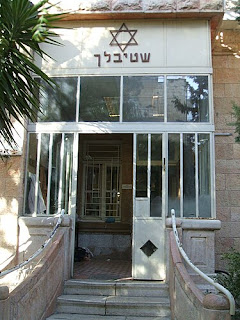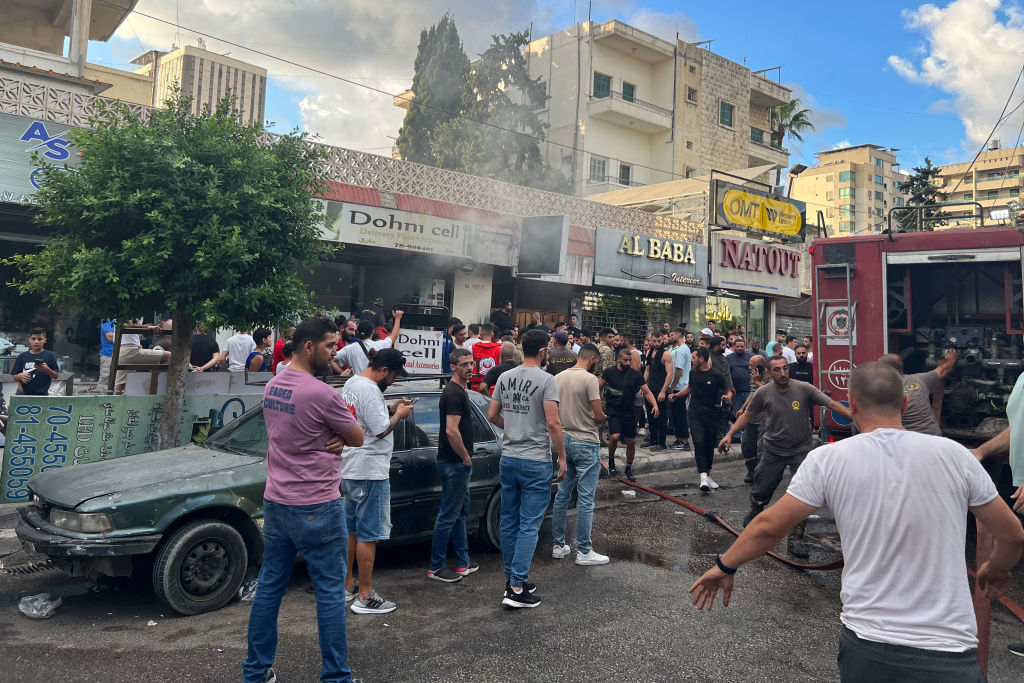After former President Donald Trump was booked at the Fulton County Jail in August, his campaign plastered the mugshot
on mugs, T-shirts, bumper stickers and beverage coolers.
He is a convicted felon. He can not vote, or own a gun - Nobody ever envisioned a convicted felon would run for President of the USA. He has to check in with his probation officer monthly. He can not leave the country without permission from his probation officer! He must notify his probation officer of his daily travel schedule! For those that do not understand what all this means - A CONVICTED FELON IS A CONVICTED CRIMINAL!
Trump’s campaign has reported
raising millions from gear emblazoned with the former president’s mugshot.
 |
| This booking photo shows Donald Trump on Thursday, Aug.
24, 2023, after he surrendered and was booked at the Fulton County Jail
in Atlanta. |
Not That Kind of Man
View in browser
Every
American has the right to participate in public life without violence,
and that includes Donald Trump. Personally, I think he probably belongs
in jail, but that is a matter for the justice system. I also think he is
easily the worst president in American history and one of the very
worst people in our national life. But my feelings have no bearing on
his rights or his safety. He is an American, and I want him to be
treated fairly in court. He is my fellow citizen, and I want him to walk
our streets without being in danger. He is a candidate for public
office in the United States, and I want our government to ensure his
safety—I am willing to be taxed to pay for his security.
If only Trump and his homunculus, J. D. Vance, cared as much about the safety of others as so many others care about theirs.
My colleague David A. Graham has already noted
the misery that Vance is bringing down on his own constituents in Ohio,
using hatred against immigrants to set neighbors against one another, a
conflict that has led to the closure of schools and the lockdown of two hospitals.
Vance is a product of such a working-class town, but in reality he is
an utterly synthetic politician, a power-seeking drone who will do
almost anything to further his political fortunes. In this case, he is
casting the innocent people of Springfield, Ohio, in his own obscene
little drama about migrant savages roaming the streets of the heartland
trying to sink their teeth into Fluffy and Fido. Sure, it’s a pack of
lies—Vance admitted on CNN that he and Trump are “creating stories”—but it’s all for the greater good, you see, of advancing the career of the Hillbilly Senator.
Trump, meanwhile, is turning the violence against him into fuel for more political hatred. In July, a young man—a loner with no obvious political agenda—tried
to kill Trump in Pennsylvania, and almost did. And now another man is
under arrest for a possible assassination attempt after being discovered
near Trump’s golf course, apparently lying in wait for the former
president. Once again, the suspect seems to be something of a weird
loner who said on X that he voted for Trump in 2016 but in subsequent elections, according to federal campaign-finance records,
began donating to Democrats. One might hope that these brushes with
death would bring Trump a moment of reflection and, perhaps, even
something like grace. But if Trump were capable of such a response, he
wouldn’t be the man he is.
After the attack in July, Trump engaged in a self-indulgent ramble at the GOP convention, but he did not blame the Democrats; he left that for his surrogates in the party.
This time, he’s not even bothering with any of that outsourcing and is
instead using this latest incident to blame his political opponents, Joe
Biden and Kamala Harris, for putting him in danger. He also blames the
justice system and the charges brought against him—charges in multiple
venues that have been filed in the name of the State of Georgia, the
People of New York State, and the United States of America—for
encouraging others to try to kill him.
He posted this today on Truth Social and X, and I offer it here verbatim and in its entirety:
*The
Rhetoric, Lies, as exemplified by the false statements made by Comrade
Kamala Harris during the rigged and highly partisan ABC Debate, and all
of the ridiculous lawsuits specifically designed to inflict damage on
Joe’s, then Kamala’s, Political Opponent, ME, has taken politics in our
Country to a whole new level of Hatred, Abuse, and Distrust. Because of
this Communist Left Rhetoric, the bullets are flying, and it will only
get worse! Allowing millions of people, from places unknown, to INVADE
and take over our Country, is an unpardonable sin. OUR BORDERS MUST BE
CLOSED, AND THE TERRORISTS, CRIMINALS, AND MENTALLY INSANE, IMMEDIATELY
REMOVED FROM AMERICAN CITIES AND TOWNS, DEPORTED BACK TO THEIR COUNTIES
OF ORIGIN. WE WANT PEOPLE TO COME INTO OUR COUNTRY, BUT THEY MUST LOVE
OUR NATION, AND COME IN LEGALLY AND THROUGH A SYSTEM OF MERIT. THE WORLD
IS LAUGHING AT US AS FOOLS, THEY ARE STEALING OUR JOBS AND OUR WEALTH.
WE CANNOT LET THEM LAUGH ANY LONGER. MAKE AMERICA GREAT AGAIN!*
In
other words, Trump is blaming two possible attempts to kill him on
pretty much anyone who isn’t an open partisan on his side, and that
includes Biden, Harris, me, and millions of other Americans.
Self-awareness
is not part of Trump’s personality: He is complaining about overheated
rhetoric while constantly spewing such rhetoric himself. He has called
Harris various names, and he refers to everyone else he doesn’t like as “vermin” and “scum” and other insults. (Today he called the sitting president and vice president of the United States “the enemy from within.”) Many of Trump’s political opponents and public critics have been the targets of plots and threats, including a pipe-bombing campaign.
At this point, with two apparent plots against him foiled, a more
thoughtful person would consider what he could do to help turn down the
temperature in the nation. But again, Trump is not that kind of man.
America,
however, has had such leaders. Many of Trump’s supporters on social
media, afflicted with short memories and a lack of historical awareness,
seem to believe that the attacks on Trump are unprecedented. Two
assassination attempts in about two months is indeed horrifying, but it
is not unprecedented:
In 1975, President Gerald Ford survived two such attempts in fewer than
three weeks. One assailant was a woman from West Virginia named Sara
Jane Moore. The other was an acolyte of the murderer Charles Manson,
Lynette “Squeaky” Fromme. Both of them came within feet of killing Ford.
Ford
was a decent man and an underrated president, and he certainly had
enemies, especially after pardoning Richard Nixon. (Moore was obsessed
with the Vietnam War and thought
that assassinating Ford would spark a violent national revolution.) But
he did not blame his opponents for the attempts on his life. He did not
blame America, or the courts, or anyone else. He also did not use the
attacks by Moore and Fromme to fundraise: Trump used his attacks
to beat the bushes for money within a few hours. Instead, Ford acceded
to the Secret Service’s request that he start wearing a trench coat with
a zip-in Kevlar vest. (It was very uncomfortable and he disliked wearing it.) He then went back out in public and conducted a presidential campaign, which he lost.
Trump doesn’t deserve to be the target of violence any more than his opponents do, even if his own
rhetoric has inspired multiple threats against public figures—and, of
course, a seditious riot.
We are a better country, and a better people,
than Trump, and every good American citizen should insist on his
protection and his safety. But he and Vance seem unable to insist on ours—a fundamental duty of elected officials—and this makes them unfit to hold any American public office.
Bret Stephens expresses my sentiments exactly:
"If Trump wins the election, I’ll feel sick. If Harris wins, I’ll feel
scared. A Trump victory is going to complete the G.O.P.’s transition to a
full-blown MAGA party that trades conservative convictions for
illiberal ones. A Harris victory puts an untested leader in the White
House at a moment of real menace from ambitious autocrats in Moscow,
Beijing, Pyongyang and Tehran. A Trump victory means the country is
again going to go crazy with all the cultural furies he unleashes, both
for and against him. A Harris victory means four more years of
misbegotten economic policies, like the threat to put controls on prices
some federal bureaucrat deems to be too high. A Trump victory is
dreadful for Ukraine. A Harris victory could be terrible for Israel. A
Trump victory empowers people who don’t accept the results of an
election. A Harris victory empowers a candidate who has never won a
presidential primary and whose supporters want to jail their political
opponent."


























